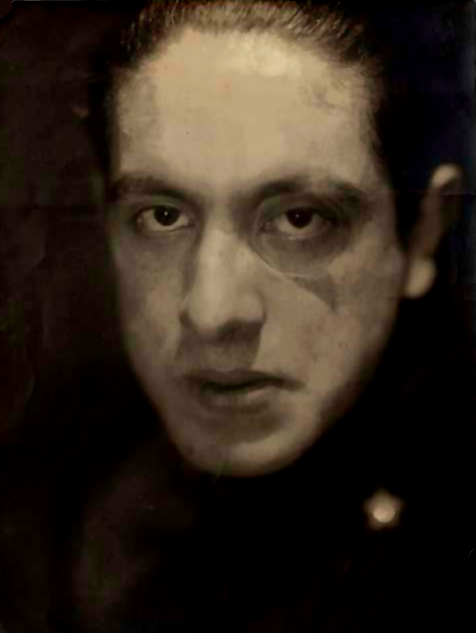Steve Bannon seems like one of those voracious if prejudiced consumers of media who might be persuaded that ancient aliens helped Hitler become Führer. He has read widely not to debunk his crackpot theories and deep-seated bigotry but to collect fuel for them. The Chief Strategist reminds me of a line from the jacket of Blaise Cendrars’ Moravagine: “He is a monster, a man in pursuit of a theorem that will justify his every desire.”
Until recently, I never connected him to a 2004 film I reviewed called In the Face of Evil: Reagan’s War in Word and Deed, which is one of the more deranged, heavy-handed and paranoid pieces of propaganda I’ve ever seen, Riefenstahl included. I remember thinking then that the director must be a unhinged person badly in need of mental help. Until the last five years or so, I watched 250 to 300 films a year during my entire adult life, and because of the quantity I don’t remember many of them, even some good ones, but I still can vividly recall how delusional and chilling this work was.
When not busy making his pseudo-documentaries, Bannon was a decade ago trying to sell virtual gold for real money, then peddled tin-pot despotism at Breitbart, and now he’s trying his hand at political alchemy, a white nationalist in the White House, serving as a Rasputin or Alexander Dugin to Trump. As Jason Horowitz of the New York Times reports, one of the Oval Office insider’s influences is the monocled Italian philosopher Julius Evola, who swayed Mussolini and embraced Hitler, and now serves as a hero to Internet-friendly neo-Nazis.
An excerpt:
Born in 1898, Evola liked to call himself a baron and in later life sported a monocle in his left eye.
A brilliant student and talented artist, he came home after fighting in World War I and became a leading exponent in Italy of the Dada movement, which, like Evola, rejected the church and bourgeois institutions.
Evola’s early artistic endeavors gave way to his love of the German philosopher Friedrich Nietzsche, and he developed a worldview with an overriding animosity toward the decadence of modernity. Influenced by mystical works and the occult, Evola began developing an idea of the individual’s ability to transcend his reality and “be unconditionally whatever one wants.”
Under the influence of René Guénon, a French metaphysicist and convert to Islam, Evola in 1934 published his most influential work, “The Revolt Against the Modern World,” which cast materialism as an eroding influence on ancient values.
It viewed humanism, the Renaissance, the Protestant Reformation and the French Revolution all as historical disasters that took man further away from a transcendental perennial truth.
Changing the system, Evola argued, was “not a question of contesting and polemicizing, but of blowing everything up.”
Evola’s ideal order, Professor Drake wrote, was based on “hierarchy, caste, monarchy, race, myth, religion and ritual.”
That made a fan out of Benito Mussolini.•
Tags: Jason Horowitz, Julius Evola

